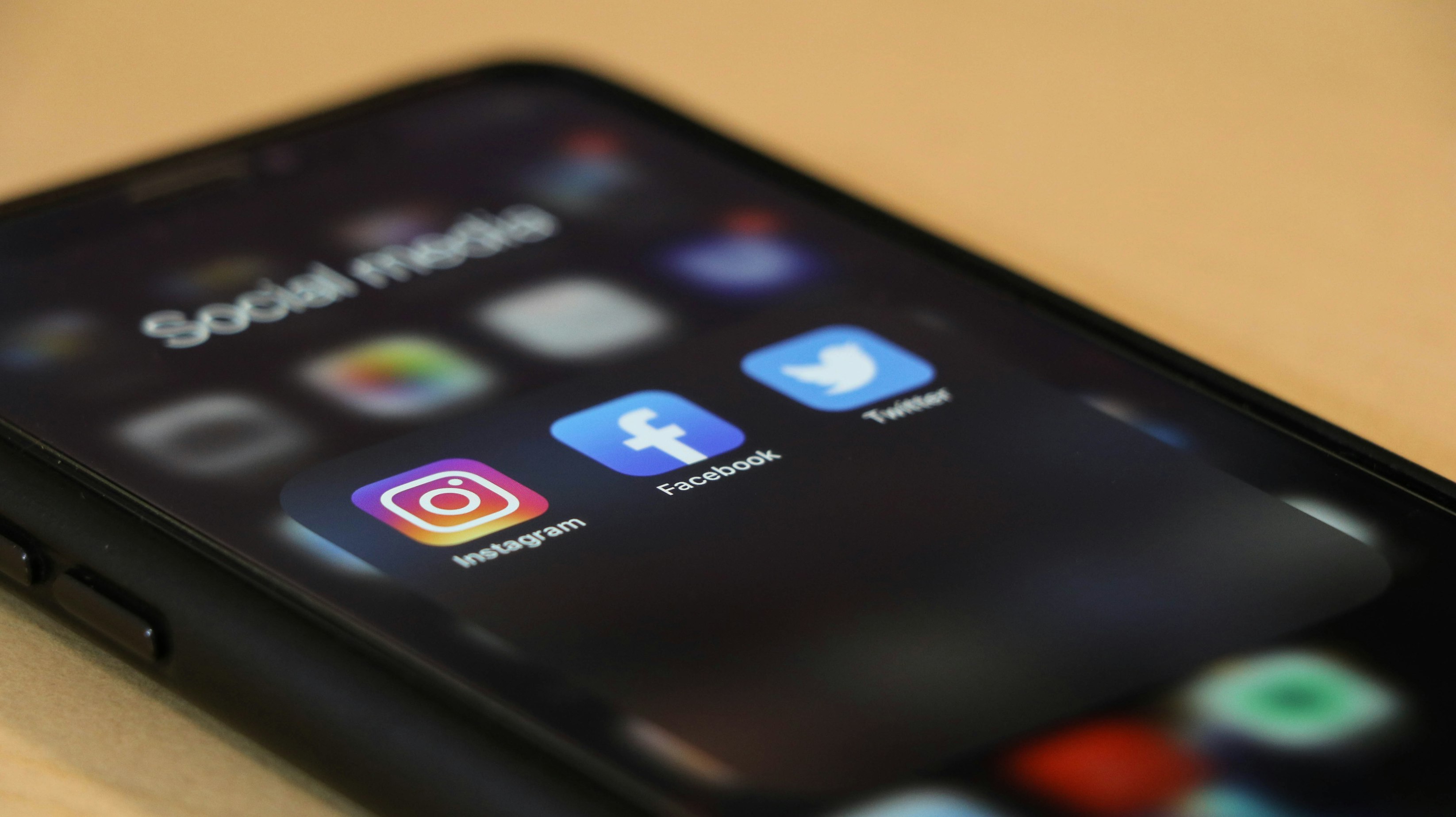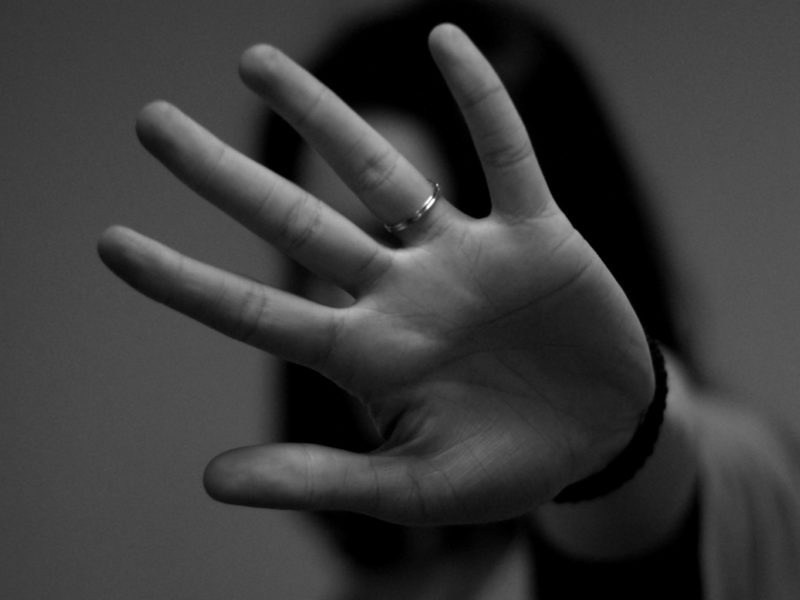We all feel it, but don’t know how to explain it: millennial burnout. The term defines a condition of constant stress and agitation, triggered by a high-paced life that demands millennials to do everything in their power to manifest the life of their dreams, which eventually culminates in physical and emotional fatigue. But against all odds, we millennials remain dedicated to our goal for success.
Alongside the torrent of expectations, our generation tries to meet, constant reminders of the idea we aren’t good enough inundates our social media feeds. As we scroll through the perpetual stream of posts, we are flooded with others’ achievements in their careers, relationships and friendships, causing us to feel longing and even jealousy. Throwing academic and social obligations into the mix, millennials are understandably burnt out. From constant multitasking to repeated disparagement for procrastination, we measure the value of our days by assessing how packed they are. There is too much to do and too little time.
What is social media’s role in millennial burnout?

I spend way too much time on social media. I try to limit my usage of it because seeing expertly photographed and meticulously edited pictures of influencers and friends traveling to exotic islands and having cute coffee dates engenders Fear of Missing Out (FOMO) and adds to my stress.
More than that, picture-perfect lives draw a veil over more pertinent, realistic issues. According to the American Psychological Association, millennials experience more stress and are less adept at handling burnout than other generations: 61 percent of college students suffer from anxiety, according to the American College Health Association. About 1 in 3 college freshmen suffer from mental health disorders.
Seeing pictures of celebrities partying on their yachts and eating delectable meals while you are holed up in your dorm revising for your finals, “Just makes me want to stop everything and do something,” said Prothit Halder, a first-year at UC San Diego, Passive usage of social media can fortify jealousy, resentment and FOMO. “[Social media] takes me down the rabbit hole and makes me feel worse about myself and not get any productive work done,” Halder said.
In fact, the majority of us college students spend over half of our waking hours on social media. Researchers at Baylor University report that female college students spend an average of 10 hours a day on their cell phones, while male students spend nearly eight hours. Within those eight to ten hours, Global Web Index revealed an average of three hours is spent on social media. Evidently, we spend a lot of time looking at others’ lives, and not living our own.
On social media, users depict themselves and their lives in an unrealistically glamorous fashion and publicize distorted images of truth. The highlights are portrayed as the norm, while the regular monotonous routine of daily life is scarcely shown. Seeing people living exciting lives on social media adds to millennials’ never-ending list of to-dos and enhances burnout.
What else is causing the millennial burnout?

In face of higher costs of living and student loan debt, coupled with self- and externally-imposed expectations, millennials experience being overworked and burnout at greater rates than boomers.
Third-year student at UC San Diego Francheska Bautista is a testament to this. Currently working two on-campus jobs and an internship, while being a board member for three organizations, she constantly has to sacrifice social activities, personal time and even sleep in order to accommodate her heavy workload. “If there was more financial stability available, I could probably spend more time focusing on just school and my own personal health,” Bautista said.
We are striving increasingly hard for some romanticized ideal of success. A form of success that takes physical, mental and psychological tolls on us. And even when we get that 4.0, that internship, that job, there is always something more. There is always another project to take up, another final to ace, another internship to secure. The number of hours we operate and the degree to which we seem to glorify overworking are emblematic of our burden. Although we are aware that stretching ourselves out so thin is destructive, we still do it in hopes of being successful and many of us are unable to seek help due to financial constraints.
What can I do to alleviate millennial burnout?
1. Learn to say “No”

Ambitious and driven youngsters get burnt out the quickest. We assume responsibilities beyond our capacity to handle because more work means a higher chance of success, which translates to gaining more respect from our peers and superiors. But doing so creates more time for us to grow mentally, physically and spiritually.
In the face of looming deadlines and increasing anxiety, we can consider reprioritizing our goals by learning how to say “no.” Concentrating on everything at once is hard. Mastering the art of saying “no” will allow us to gain control of our spiraling lives and liberate ourselves from the guilt that comes with choosing to go out clubbing instead of revising for our midterms. Breathe and reevaluate.
2. Sleep

The hectic college culture tends to glorify all-nighters: College students camp out at the library, clinging on to their last strand of sanity with Yerba Mates and cold brews, all in effort to cram for exams. Fatigue has become a way for college students to connect. Frankly, I have responded to casual “how are you?’s” with “tired” one too many times. Although sleep deprivation could offer you the illusion of being productive, studies have shown that more sleep is causally linked with achieving higher grades.
3. Digital Detox

I know digital detoxing sounds daunting and even unfeasible at first, but you don’t necessarily have to completely abstain from your phones to experience how liberating time away from your phone is. Limiting the usage of some apps to one hour (as opposed to, for instance, three hours) works as well. You could even set a rule to yourself and stop using social media after, say, 10 p.m. A digital detox can help eliminate FOMO and allow time for reflection and de-stressing. You could read a book, give your parents a call, journal…the list goes on.
4. Seek Help

Every college has counselors for us to talk to, vent to and even cry to. Whether you choose to consult a professional, trusted friend or family member, confiding in someone always helps clear our minds. Having done this numerous times, I am always surprised at the advice I receive and how many people feel the same way as I. You would be pleasantly surprised to see how freeing opening up to someone is.
When we equate success with the number of responsibilities we take up, try to maximize every second of our lives to be productive and stretch ourselves out to the brink of our capabilities, we burn out. To alleviate burnout, we can evaluate our lifestyles realistically, temper ourselves to mundanity, unplug from social networks or drop-side hustles. We need to examine our ambitions and expectations and balance our needs and pleasures. I know these are easier said than done–saying “no” to projects, abstaining from social media and understanding that we are not invincible, is difficult. But so is letting stress overwhelm you and compromise your faculties and well-being. Welcome the tedium of life–c’est la vie.



















